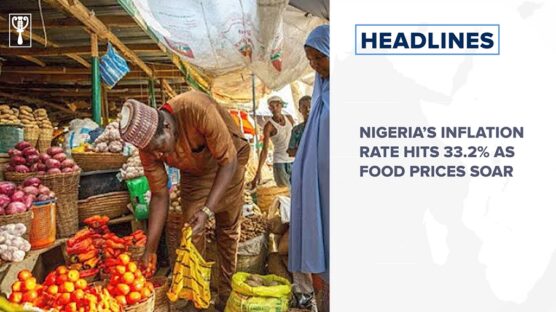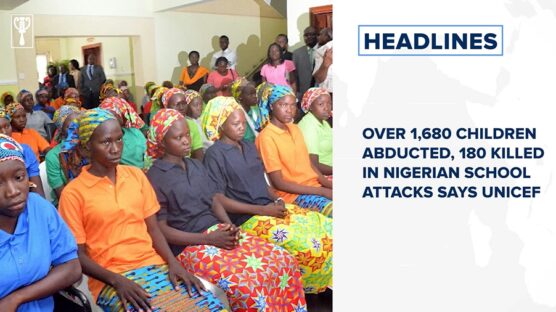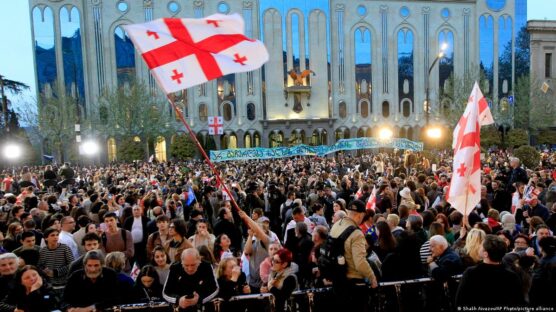‘If we don’t solve the nitrogen crisis, our economy will get stuck’: Dutch deputy PM
By France24
15 April 2023 |
5:03 am
The Dutch coalition government survived a no-confidence vote on April 5. But its problems are far from over – with pressure from the farmers' movement causing tensions inside the coalition. The pro-farmers' BBB party made a breakthrough in the provincial elections in March, rattling the political establishment.
In this article
Related
Related
13 Apr
Nigeria’s Minister of Finance, Wale Edun says 4.83 trillion naira from T-Bills and Bonds issued in the first quarter of this year was used to pay part of the Ways and Means advances from the Central Bank of Nigeria. Sam Chidoka, CEO of Kairos Capital joins CNBC Africa for more on this discussion and Nigeria's debt management strategy.
2 days ago
A year after Lula came to power, his gamble has paid off: deforestation has been halved in the Amazon. But this success comes at the cost of sacrificing another ecosystem that's just as vital to Brazil: the Cerrado.
2 days ago
Some top Nigerian banks are eyeing the international and local capital markets to raise fresh capital in a bid to meet the recapitalisation exercise by the Central Bank of Nigeria. Egie Akpata, Chairman of Skymark Partners joins CNBC Africa to examine options available to banks.
3 days ago
Find these stories and much more when you grab a copy of The Guardian on Tuesday.
2 days ago
Find these stories and much more when you grab a copy of The Guardian on Wednesday.
1 day ago
Find these stories and much more when you grab a copy of The Guardian on Thursday.
Latest
33 mins ago
The Iranian attack was largely repelled and as such is a "dramatic failure", Barak said. As a result, he believes "there is no need and no will to go into full-scale war" with Iran.
33 mins ago
In the latest speculative fiction from British director Alex Garland, Kirsten Dunst stars as a war reporter documenting a conflict she once never thought possible: a new civil war in the United States. With the US in the midst of another divisive election year, the scenario may seem cliché, but FRANCE 24 film critic Lisa Nesselson says the film is engrossing, entertaining and unsettling.
2 hours ago
She has featured in Beyoncé's music videos, choreographed a sell-out stage musical and brought underground nightclub moves to the stage of the Opéra de Paris. Now Josepha Madoki is hosting a weekend of waacking in the Musée d'Orsay’s imposing entrance hall; she tells us more about this 1970s queer subculture and how she became France’s unofficial queen of waacking. She also tells us about the phone call from her friend and colleague, Sidi Larbi Cherkaoui, which led to a video shoot in the Louvre with Beyoncé and Jay-Z. Plus, Josepha explains why sports and the performing arts are complementary disciplines as she discusses her part in the Paris 2024 Cultural Olympiad.
2 hours ago
Riot police aimed to remove protests from outside the Soviet-era Parliament building in Tbilisi. Lawmakers have approved for further reading a draft bill of the Russian-styled "foreign agents" bill.
4 hours ago
Barcelona riot police kept Paris Saint-Germain and FC Barcelona fans apart to prevent potential clashes ahead of the second match in the Champions League quarter-finals on Tuesday.
×

Get the latest news delivered straight to your inbox every day of the week. Stay informed with the Guardian’s leading coverage of Nigerian and world news, business, technology and sports.


















0 Comments
We will review and take appropriate action.